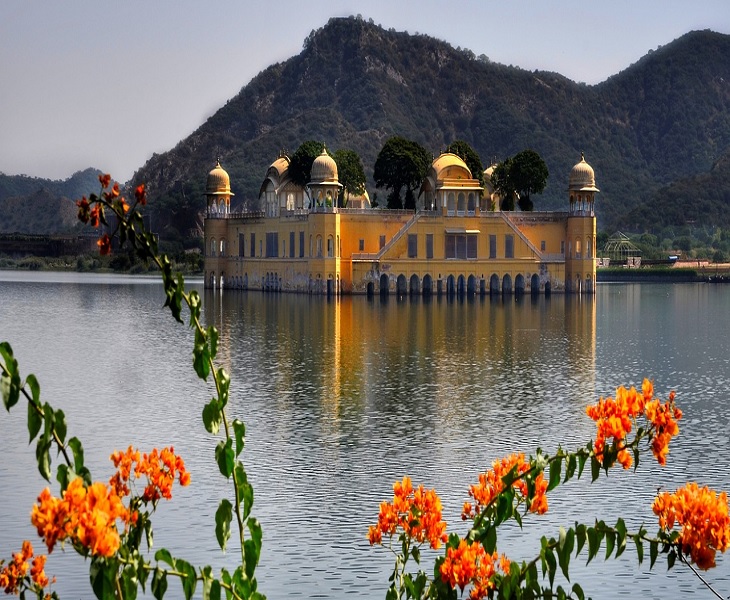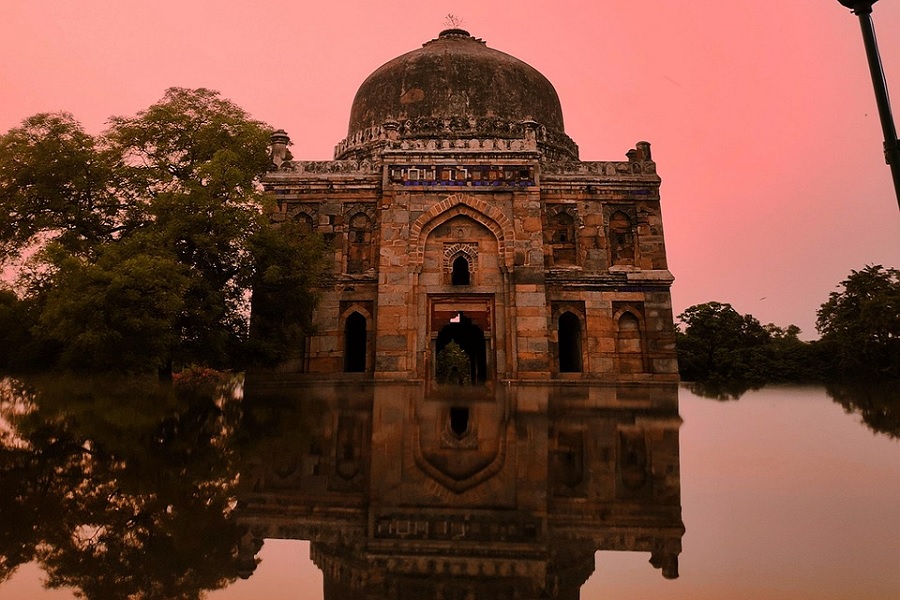Exploring the Soul of a Nation: The Rise of Cultural Tourism

Introduction
In an era of fast-paced travel and bucket-list destinations, cultural tourism is carving its own path. It’s not just about seeing new places—it's about experiencing the heartbeat of a community, understanding traditions, and embracing diverse ways of life. Cultural tourism offers travelers the chance to go beyond postcards and selfies to form meaningful connections with people, heritage, and places.
What is Cultural Tourism?
Cultural tourism refers to travel that focuses on engaging with the culture of a destination—its history, art, religion, architecture, music, language, food, and everyday lifestyle. It's about discovering the stories behind monuments, partaking in local festivals, joining traditional crafts workshops, or simply sharing meals with local families.
Why is Cultural Tourism Gaining Popularity?
Authentic Experiences: Today’s travelers crave authenticity. Cultural tourism allows people to live like locals, not just observe them.
Sustainability: This form of tourism often supports local artisans, preserves historical sites, and promotes eco-friendly travel.
Education & Awareness: It fosters understanding and tolerance among diverse communities by breaking down stereotypes.
Post-Pandemic Travel Shift: After COVID-19, many people seek more meaningful travel with purpose and emotional connection.
Top Cultural Tourism Activities
Heritage Walks in old cities like Varanasi (India), Fez (Morocco), or Rome (Italy).
Participating in Festivals such as Holi in India, Dia de los Muertos in Mexico, or the Gion Matsuri in Japan.
Learning Local Crafts like Batik in Indonesia or pottery in Mexico.
Culinary Tours exploring traditional cooking methods and regional ingredients.
Rural Homestays offering an immersive experience in agricultural and tribal communities.
Cultural Tourism in India: A Living Tapestry
India, with its multilingual, multi-religious, and multicultural society, is a hub for cultural tourism. From the spiritual ghats of the Ganges to the colorful streets of Jaipur, from classical dance forms like Kathakali to ancient Ayurveda wellness practices, India provides a deep well of cultural engagement.
Notable experiences include:
Living with the Khasi tribes in Meghalaya.
Experiencing traditional Tamil architecture in Chettinad mansions.
Participating in the Rann Utsav in Gujarat.
Challenges in Cultural Tourism
While the benefits are many, cultural tourism also poses challenges:
Over-tourism can degrade heritage sites.
Cultural commodification may dilute authentic traditions.
Language barriers and inadequate infrastructure can limit access.
Solutions lie in responsible tourism, strong local community involvement, and digital tools to educate tourists.
The Future of Cultural Tourism
As travel becomes more conscious and experience-driven, cultural tourism will continue to thrive. Governments and tour operators are now collaborating with local communities to create enriching, respectful, and sustainable travel experiences.
Tech innovations like AR/VR for historical storytelling, and digital maps for heritage trails, are also enhancing cultural engagement without compromising preservation.























